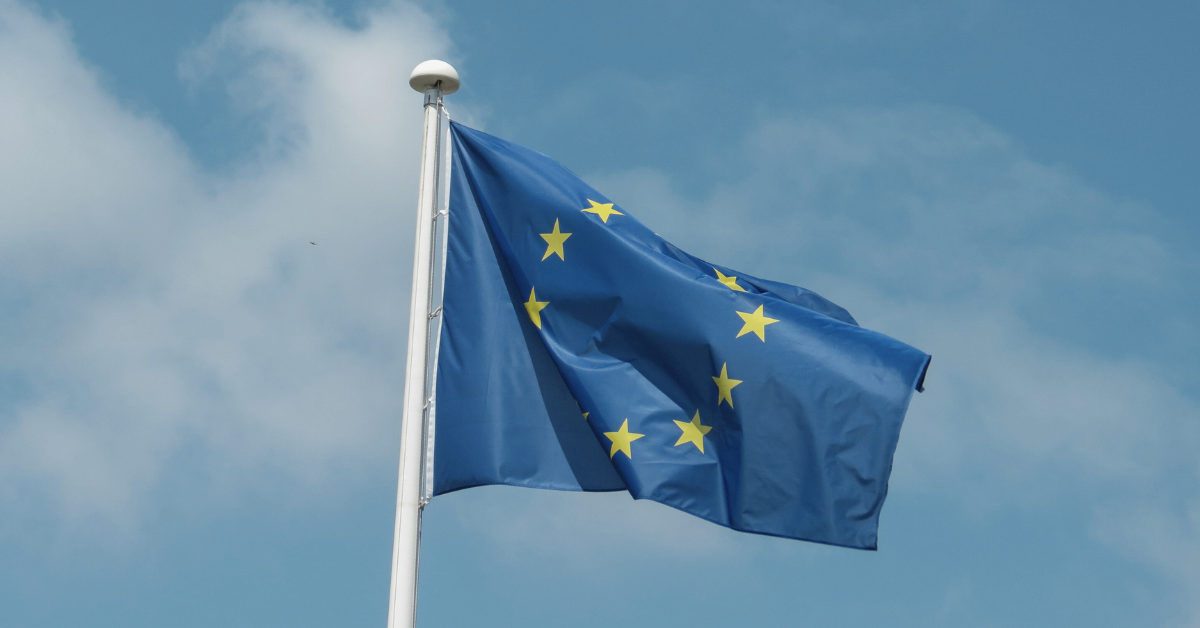Imagine if marketing only ran ads when a product was already out of stock. If brands only showed up when customers were already buying from someone else. If campaigns launched after the moment had passed. It sounds ridiculous, but that is still how many companies approach recruitment.
They wait until there is an urgent need, then they scramble to publish a job ad, push it out to a few channels and hope the right candidate happens to be actively looking at the exact same time. It is reactive, it is slow and it is based on an outdated idea, that talent comes to you when you need it.
No serious brand launches a product with a single LinkedIn post. No CMO relies on one banner ad to drive conversions. And yet, that is still how many treat recruitment. A short burst of effort followed by silence, until the next vacancy. But recruitment, just like marketing, needs rhythm, not panic. Candidates do not operate on your timeline. They are browsing, scrolling, watching and evaluating long before they apply, if they ever do.
That is why recruitment marketing is not an add-on, it is the bridge between you and the people you have not reached yet. And that bridge only works when you use it consistently. When you show up, not just when you need something, but when they do. In their feed. In their mind. In their moment.
This is where automation becomes essential. Not because it replaces recruiters, but because it gives them back their time. Because showing up regularly, across roles, channels and formats, is hard to do manually. But when your job ads are created, targeted and distributed automatically, they start working for you in the background. Suddenly, recruitment is not a sprint every time someone resigns. It is a system that listens, responds and adapts.
Automation turns recruitment from something reactive into something relational. It ensures that your presence is steady, even when your attention is not. That you are discoverable, not just visible. That your tone stays consistent, even when your team is stretched. And what happens then is what happens in great marketing too. Recognition builds. Trust builds. Familiarity builds.
So maybe the future of recruitment is not about doing more. Maybe it is about doing less, more often. Less manual effort. Fewer rushed campaigns. Fewer missed candidates. And more consistency, more visibility, more connection.
Because when you are always on, talent does not feel like something you chase. It feels like something you attract.
-4.png)



-Feb-04-2026-02-04-06-2033-PM.png)
